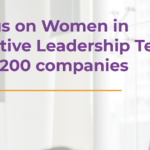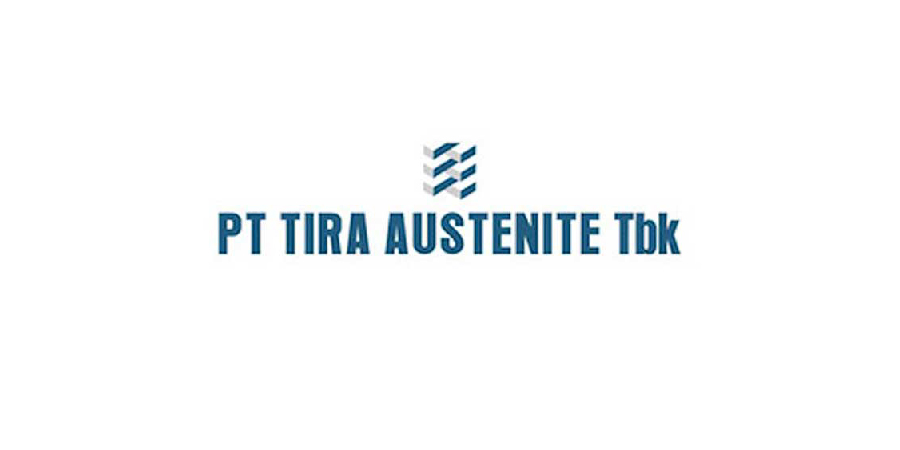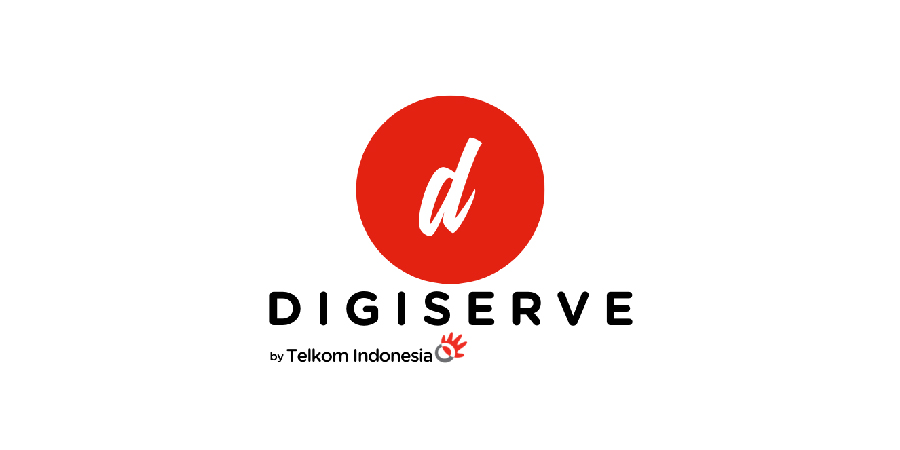
The Census on Women in Executive Leadership Team in IDX200
December 13, 2023
Opportunities for Women Returning to Work After Career Break as Main Caregiver
December 13, 2023Photo source Freepik
Gender balance is important at all levels of the organizational workforce, but there are specific reasons why increasing the number of women at the top of companies is especially good for business. The cases of Vale and Adis echo findings from the professional literature (ILO, 2019) in explaining the benefits for business, including that:
- Gender balance improves creativity, innovation, and openness to new ideas;
- Diversity initiatives in management have been shown to generate a 5-20% increase in profit (ILO, 2019);
- Gender-balanced boards have a 20% increase in business outcomes (ibid); and
- When the CEO is a woman, businesses have a stronger ability to attract and retain talent (ibid).
Sponsorship is just one of the many actions that companies can take to promote women into management roles1. Sponsorship is far more important than mentorship; while mentors can counsel an individual, sponsors can deliver opportunities that accelerate individual careers (Kambil, 2017), and sponsors give opportunities to act and practice being in a role. This differentiates them from shadowing, which is following and observing, or being mentored. Sponsors also give sponsees encouragement, fallback support, and confidence to try new things. This makes sponsorship also a powerful intervention to improve women’s representation in leadership and generates multiplier effects for greater diversity and equality down the line in an organization.
IBCWE identified that the sponsorship program has been successfully implemented by two leading companies in Indonesia, namely PT Vale Indonesia (Vale) in the mining sector and PT Adis Dimension Indonesia (Adis) in the manufacturing sector. The Chief Executive Officer (CEO) of Vale has sponsored Mrs. Febriany Eddy (Febri) since 2019, while CEO Adis has sponsored Mrs. Margaret Vikta (Vikta) since 2017. As sponsors, the CEOs supported Vikta and Febri by sharing, guiding, and putting them in active roles to build their skills as well as their confidence. Each sponsor worked independently of the other and with different levels of informality.
IBCWE identified sponsorship as a useful case study topic to be developed and potentially used in a toolkit or in other learning scenarios, to support member companies and wider learning on Workplace Gender Equality (WGE) in Indonesia.
The case study involves four interviews with key persons including the sponsors and the sponsees of both companies, as well as interviews and focus group discussions with both companies’ human resources personnel and IBCWE staff, undertaken between May and July 2022.
The study traces processes of change in these companies, where sponsorship programs have helped women succeed as CEOs, including the experience of the current female CEOs of Vale and Adis, highlighting the value of sponsorship for linking, advocating, and promoting women to the top. The findings relate to the key factors in a successful process of sponsorship and to the impacts of the sponsorship of women becoming CEOs. Their achievement as the two companies’ top executives is explored in terms of:
- Improvements in gender-balanced leadership;
- Gender normative change (impact); and
- Workplace gender equality measures.
Through the stories of Febri and Vikta’s journeys to the CEO level, salient factors that have contributed to their success are:
- The unswerving commitment of the sponsor to encourage and build the confidence of the sponsee;
- The continued advocacy of the sponsor for the sponsee within the company structure (Board, other senior colleagues);
- The sponsees’ own willingness to expand their experience, particularly in external relations; and
- The support of male figures at home and at work who are willing to share and use their power to support equal and fair environments for women to realize their potential.
Furthermore, since the female CEO appointments in Vale and Adis, there have been overall improvements in workplace gender equality which can be considered as a positive impact of the sponsorship process, including:
- Catalysing improved human resource analytics within the companies;
- Attracting and retaining more women into the companies or into training and development programs within the company;
- Inspiring and motivating both male and female workers with evidence that women can be promoted based on merit and with constraints of their dual responsibilities as professionals and mothers; and
- Reinforcing wider company policies and programs to improve diversity and workplace culture, by “walking the talk” and demonstrating a “next level” commitment to talent management.
Results of case studies on Sponsorship and Its Influence on Gender Equality in the Workplace of PT Vale Indonesia and PT Adis Dimensions Footwear:
1 In an ILO (2018) survey of companies across the Asia-Pacific, actions specified included: developing a gender equality and sexual harassment policy; a strategy and action plan for women in management; and guidelines on gender-sensitive human resource management systems. Other suggestions included building and communicating the business case for more women in management; networking with women’s business associations and good practice companies; profiling positive measures and strategies to promote women in management and introducing a mentoring and sponsorship scheme.
9 January 2023 | Tiara Tri Hapsari





